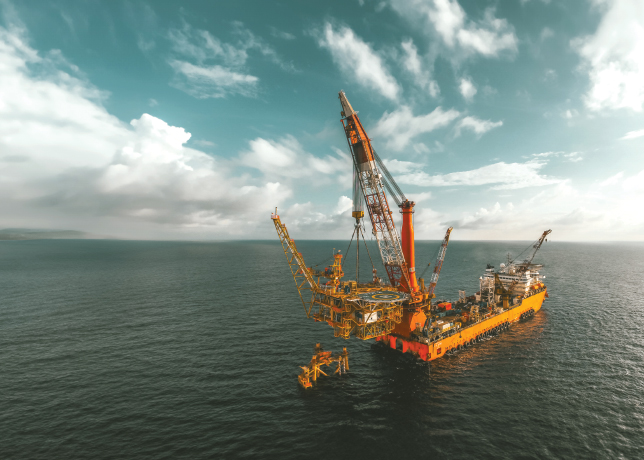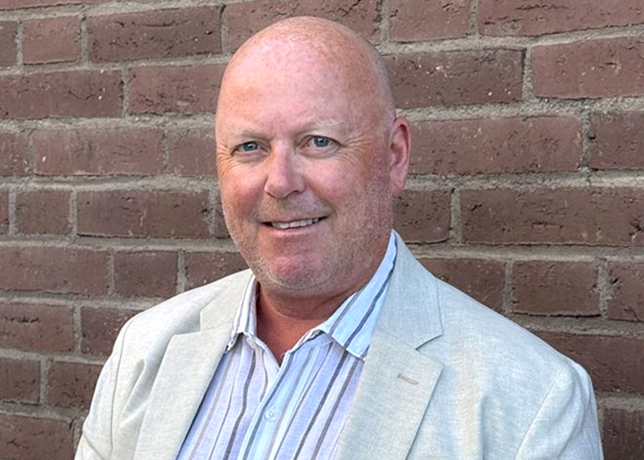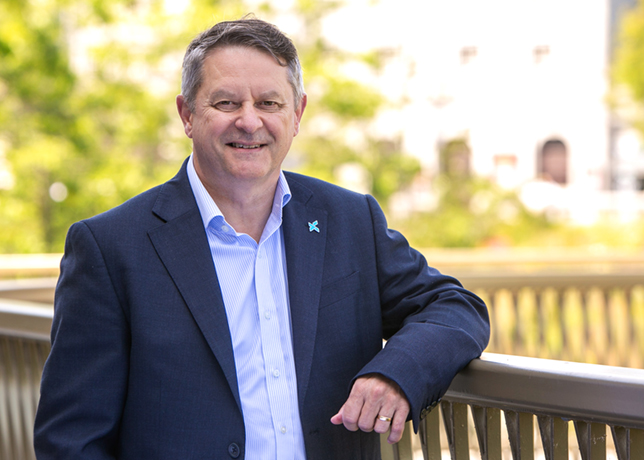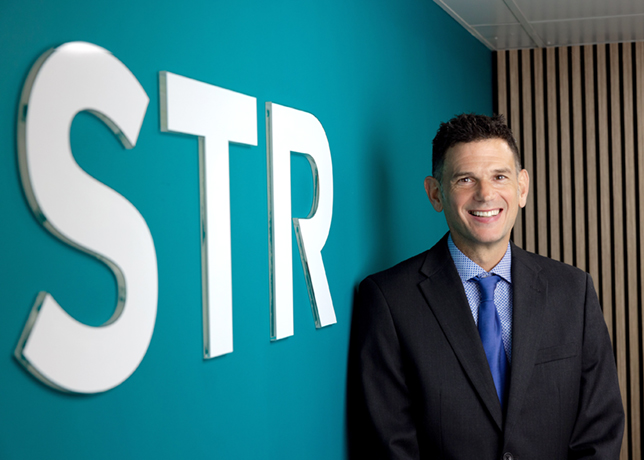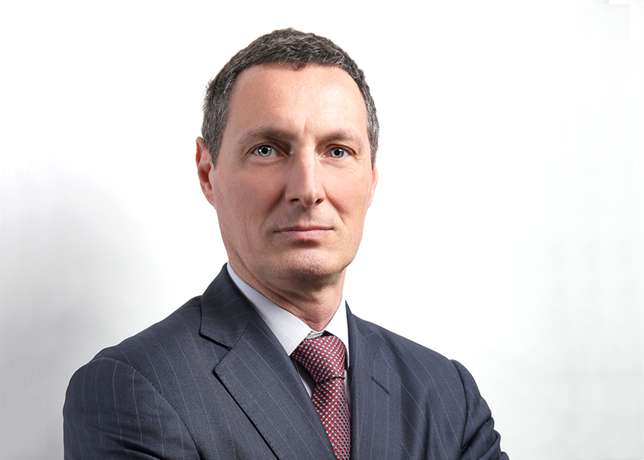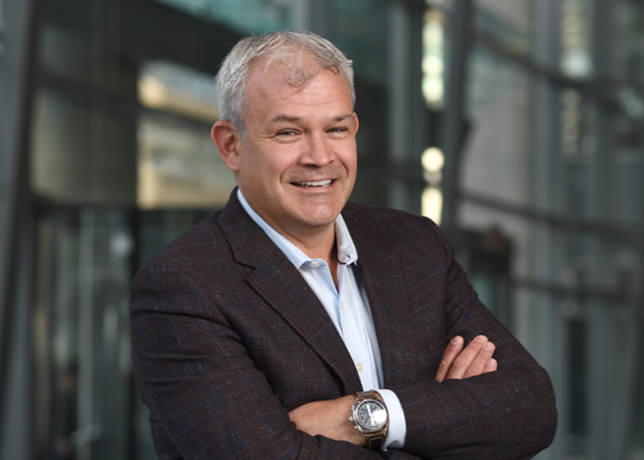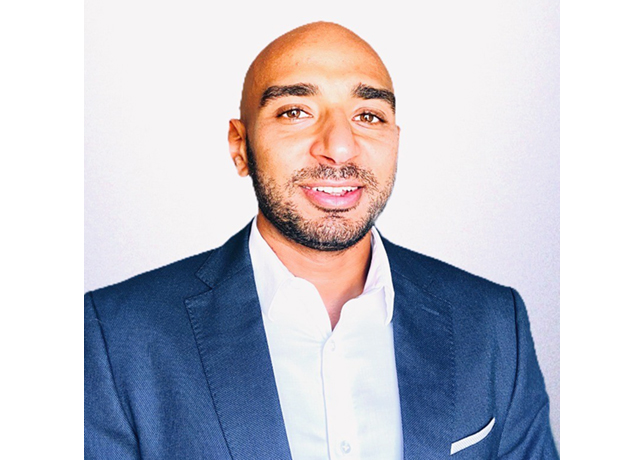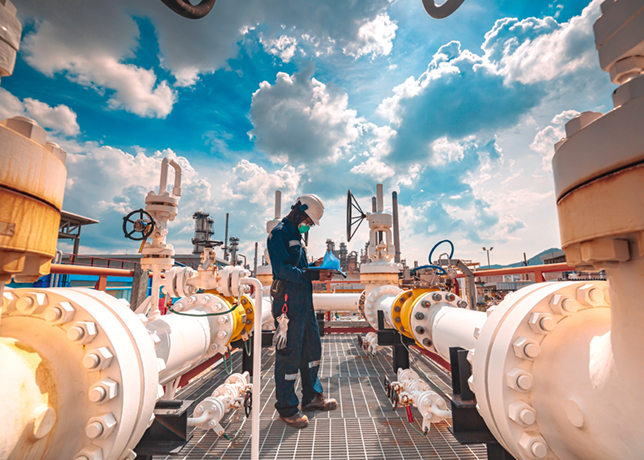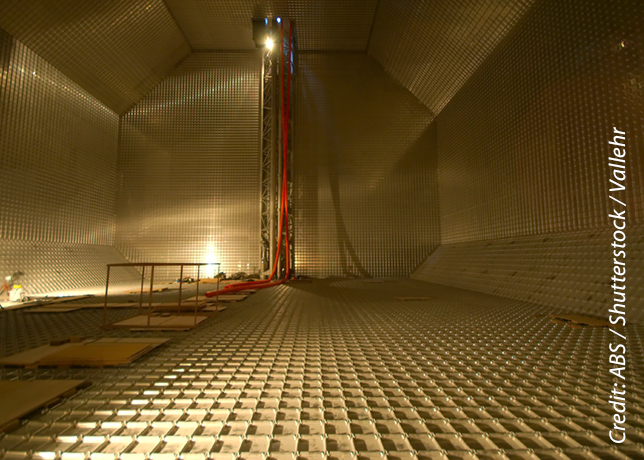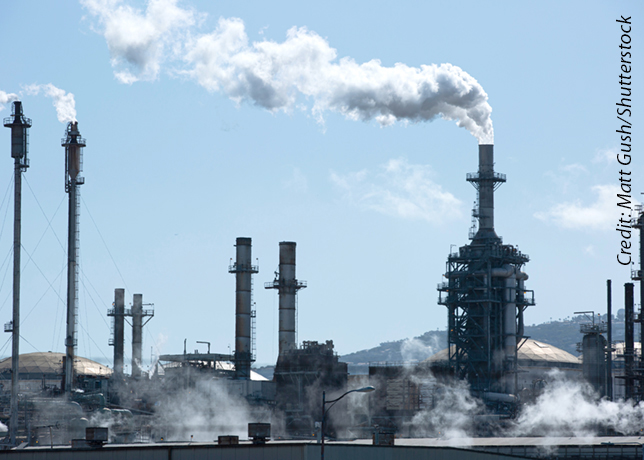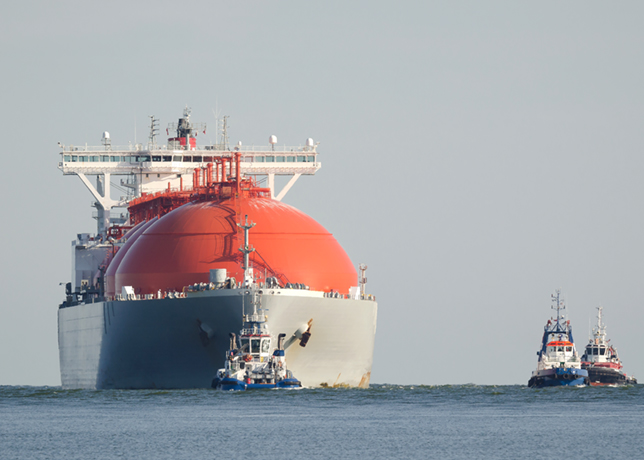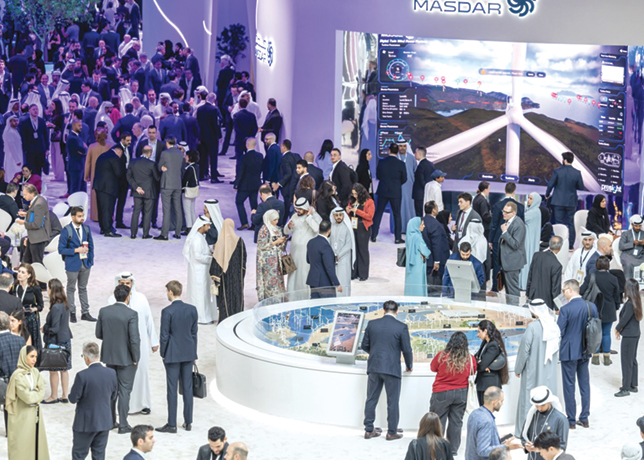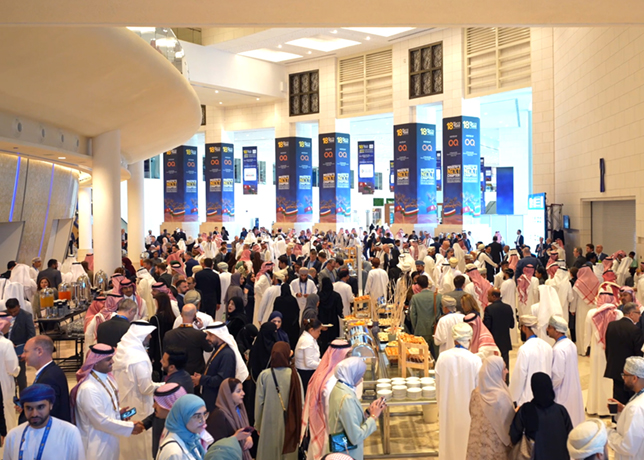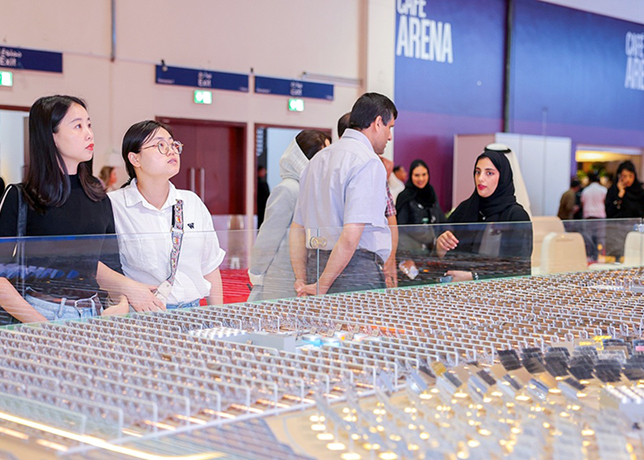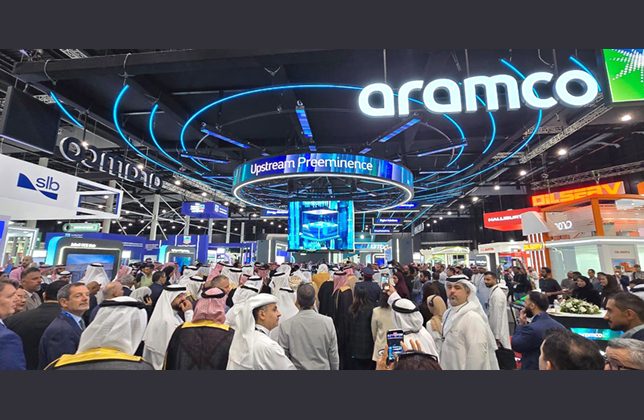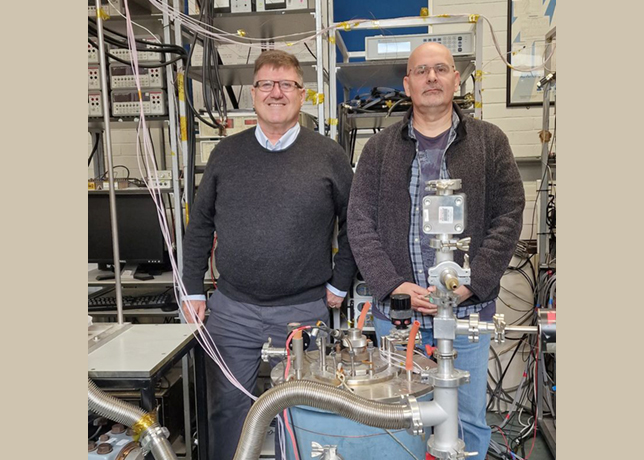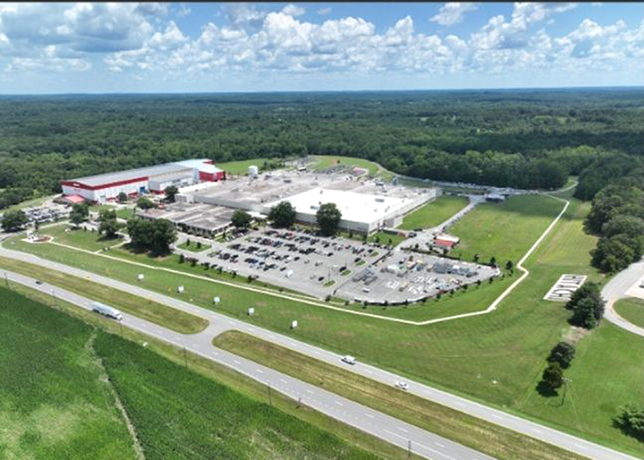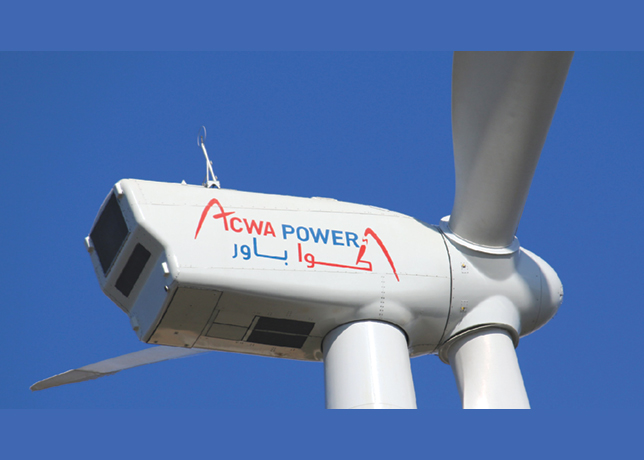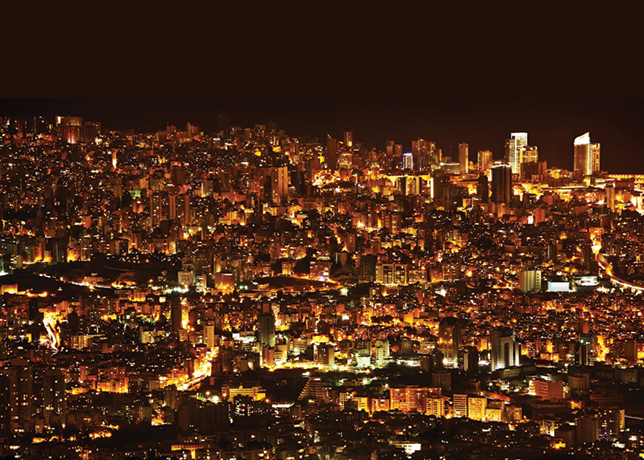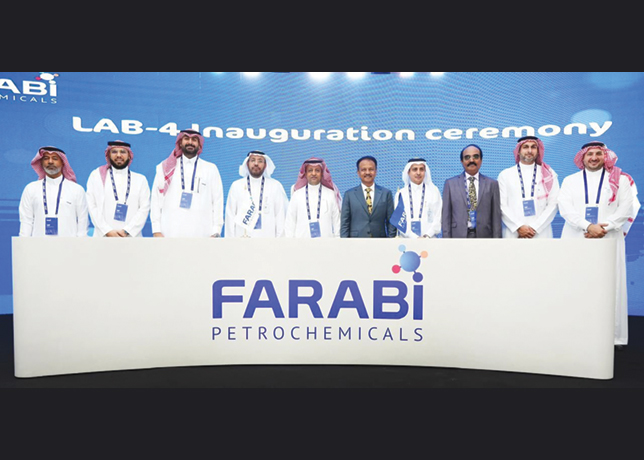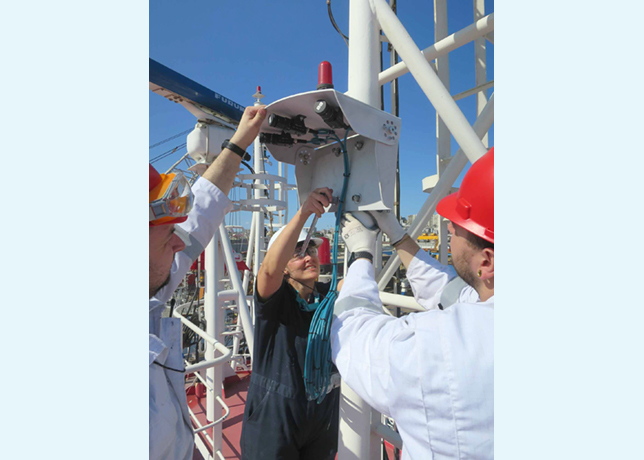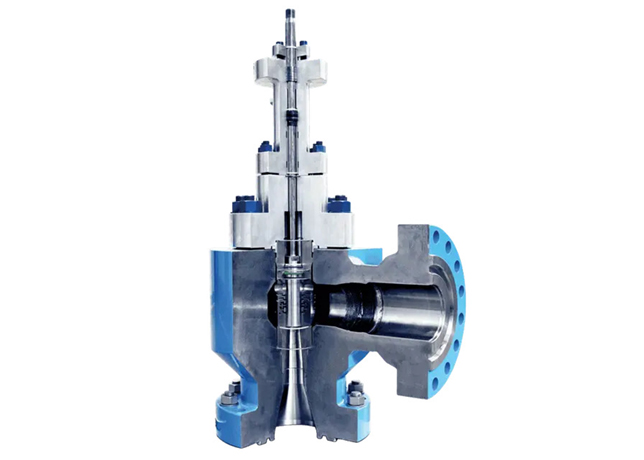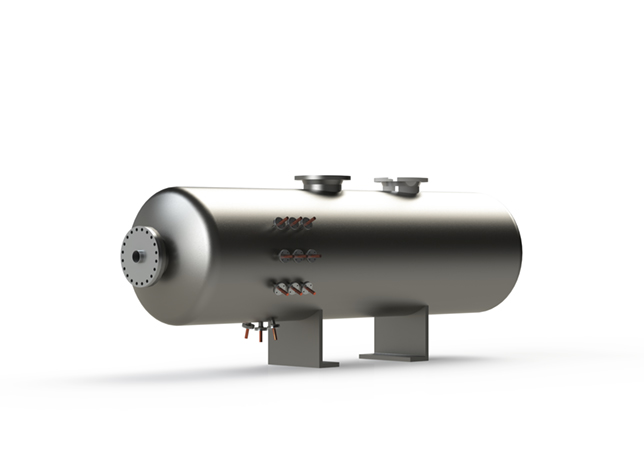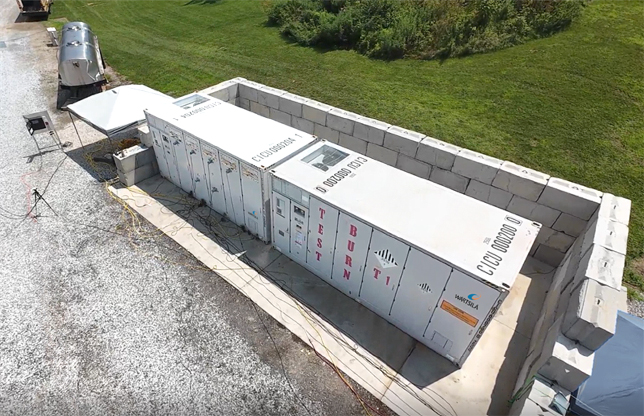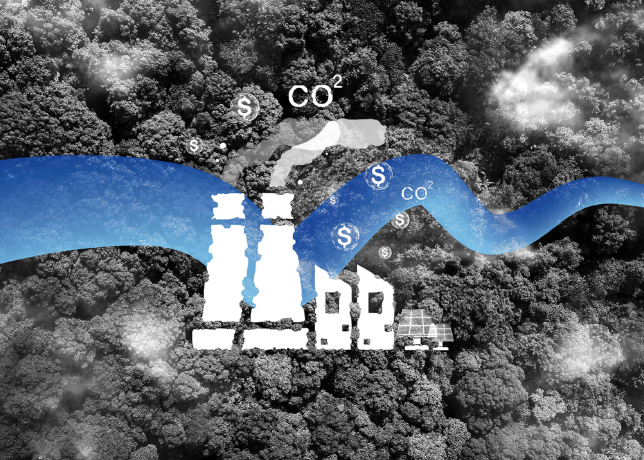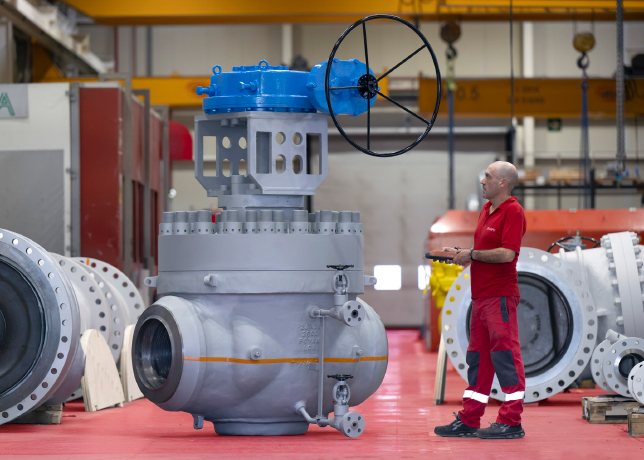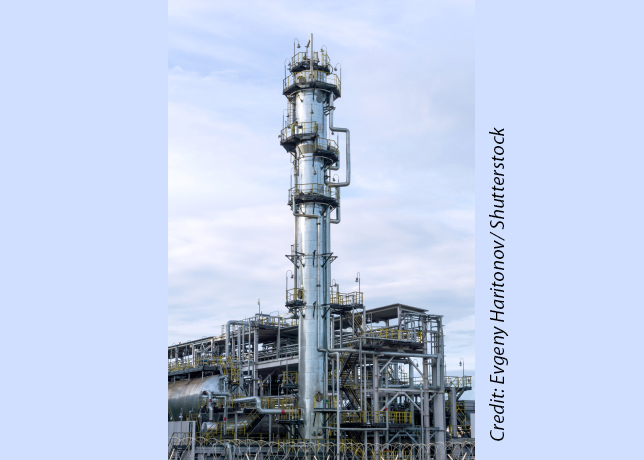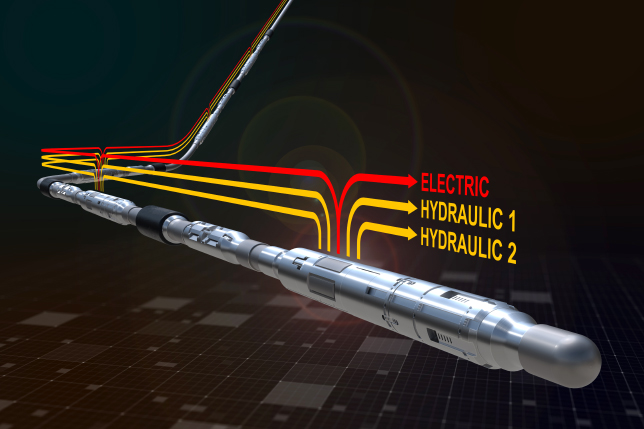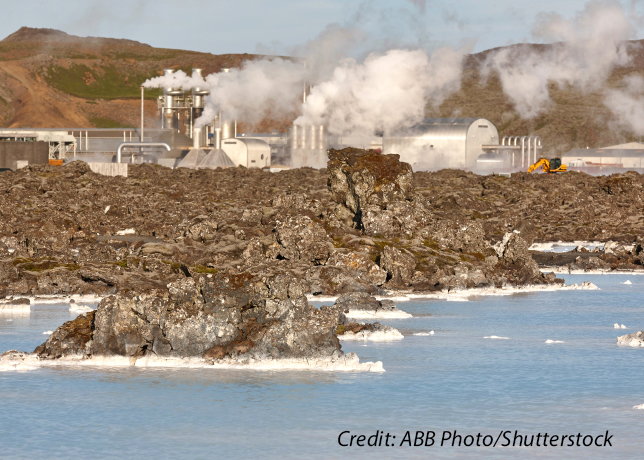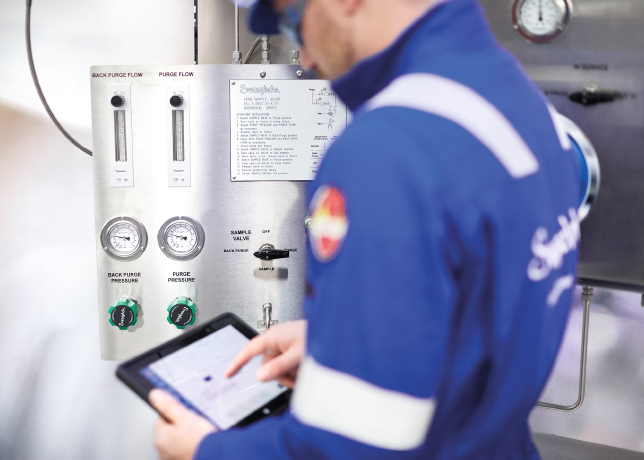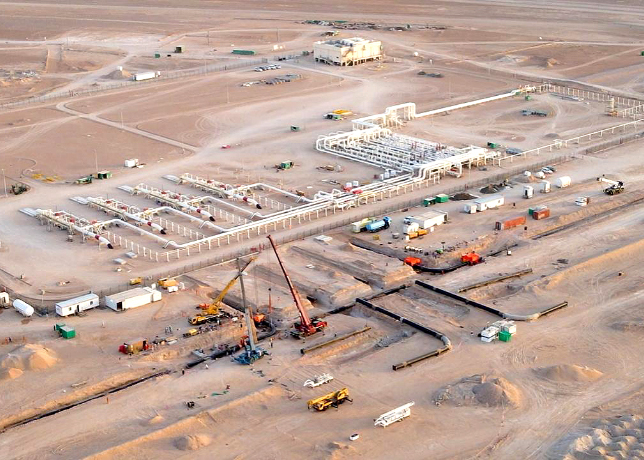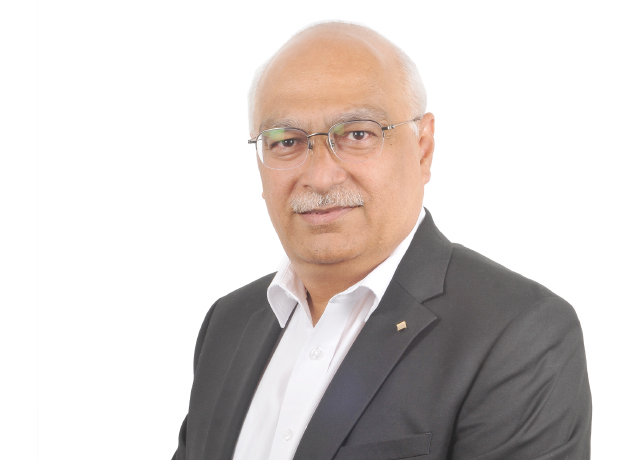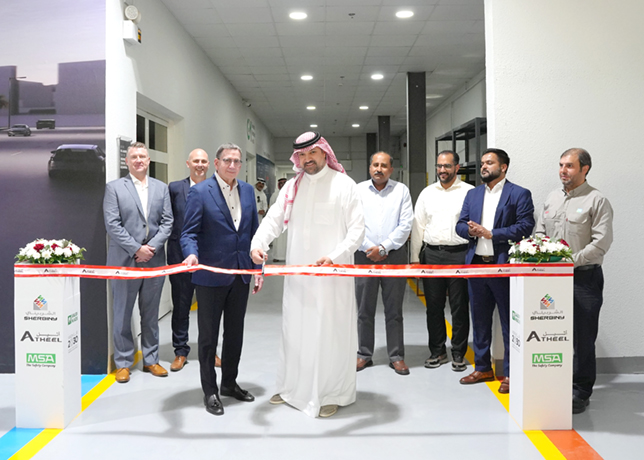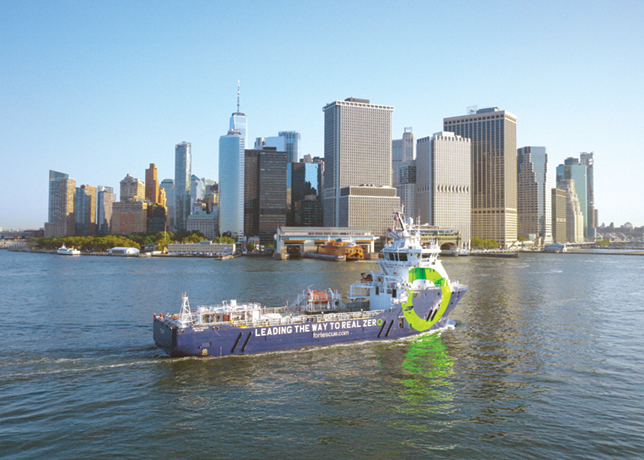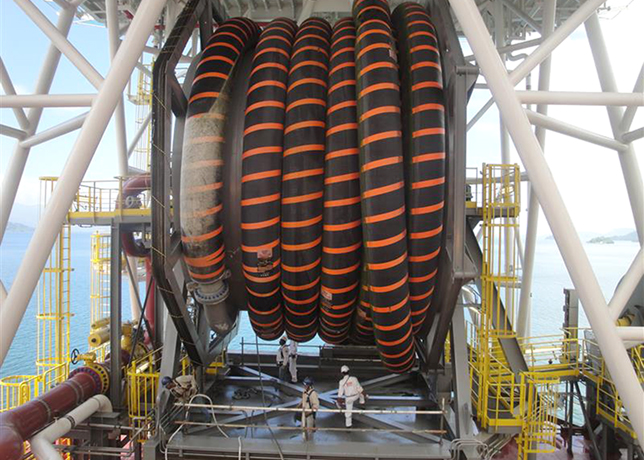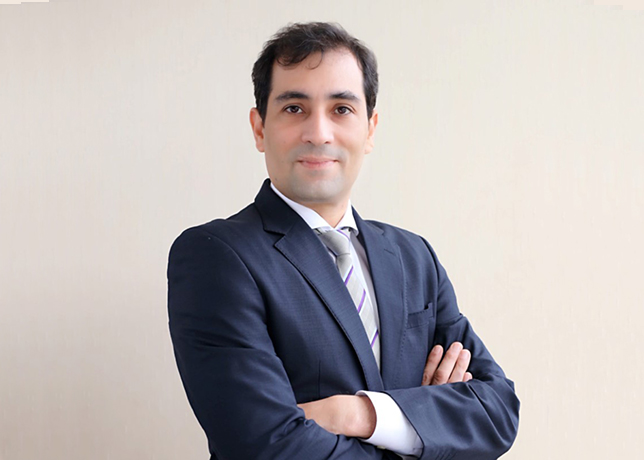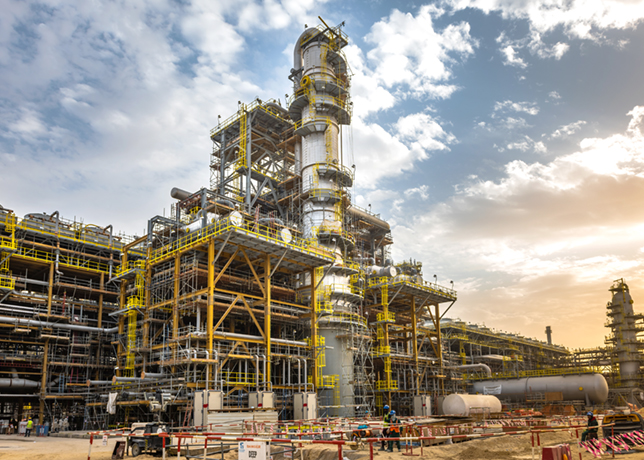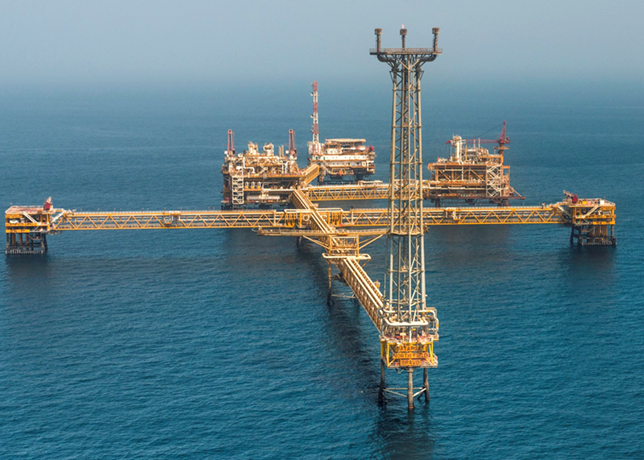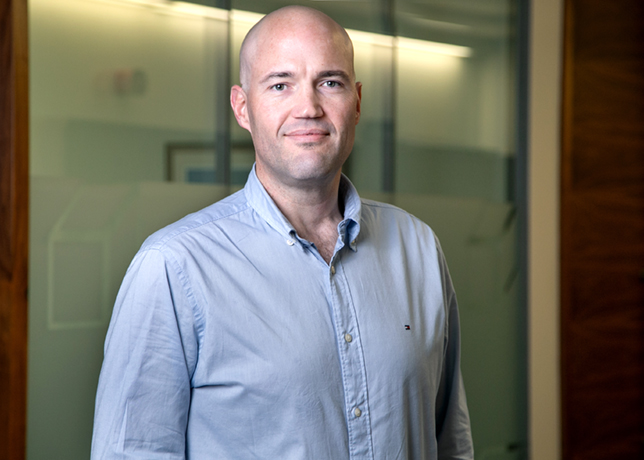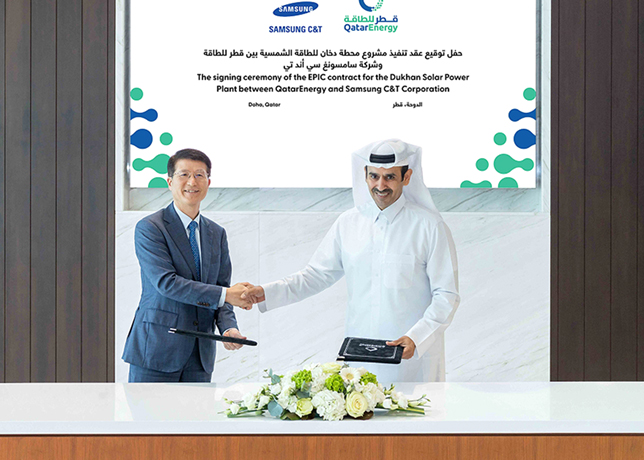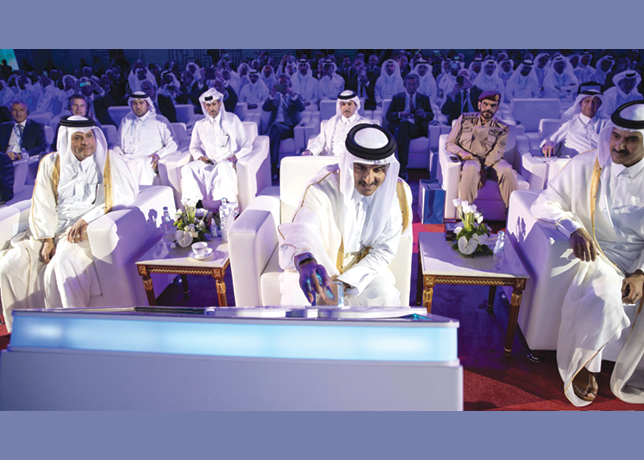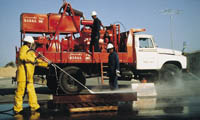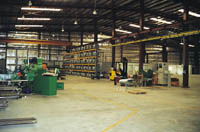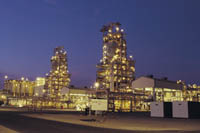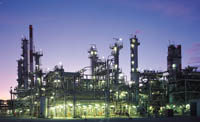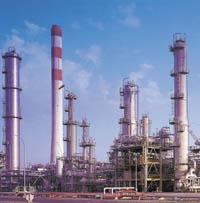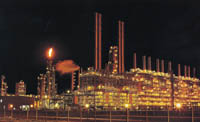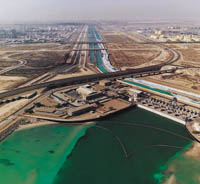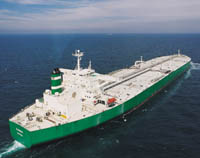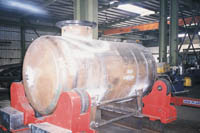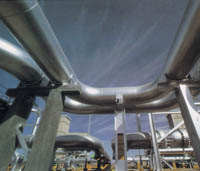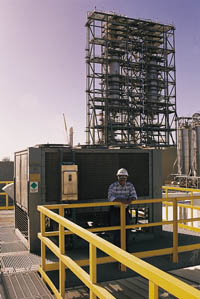
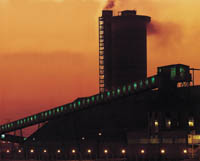 A view of a Sabic fertiliser manufacturer in Jubail Industrial City
A view of a Sabic fertiliser manufacturer in Jubail Industrial City
Expansions, Private investments, a new utility company and the prospect of massive new investments in infrastructure by global oil majors. Another crucial era in the stunning development of Jubail and Yanbu Industrial Cities is about to unfold.
More than 35 million tonnes of petrochemical products leave the gates of these cities every year, meeting demand from growing economies all over the world. Most of the primary industries are world-scale, some world-beating in terms of output capacities.
Jubail and Yanbu have played the lead role in diversifying Saudi Arabia's previously oil-dependent economy. They will surely continue to do so, thanks to ongoing, major expansions at Saudi Basic Industries Corporation (Sabic) affiliates, growing global demand for petrochemical products, and the increasing confidence of the private sector in investing in the petrochemical sector in the Kingdom.
The last point is a pertinent one. Growing private sector involvement has come about as laws on investment in the Kingdom are relaxed, incentives are offered for potential investors and markets, both at home and overseas, dictate opportunities.
Global petrochemical giant Sabic, which provides the mainstay of industrial development in the cities, has stated that it views private industry as an opportunity to cooperate.
Indeed, plant integration has been a theme for some time at Sabic affiliates, which now rely to varying extents on each other for their various feedstock requirements. And so it may be between private plants and Sabic affiliates.
Consolidation will be increasingly important in Jubail and Yanbu, facilitating the integration of external supplies and materials procurement.
In the case of Sabic, Sabic Services Ltd (SSL) has implemented leading edge IT systems which now offer better cost efficiencies, increased responsiveness to customer requirements, improved quality of procured materials and economies of scale.
Secondary industries in the cities will also be encouraged by the wider range of petrochemical and speciality chemical products on offer for their own processes, helping reduce reliance on more expensive imports.
Feedstock availability for the primary industries will become increasingly important issues in the cities as industrial development takes place.
Now, major international oil companies are preparing to spend billions of dollars on developing untapped gas reserves in the Kingdom, while state oil company Saudi Aramco pursues its own gas policies including exploration, expansion of the crucial Master Gas System, and improved recovery of crude oil.
Gas is set to be the feedstock of the future in Jubail and Yanbu. But as important as it is, other infrastructure must be developed.
The Royal Commission for Jubail and Yanbu has, since 1975, been responsible for developing utilities and a whole host of other services to Jubail and Yanbu. Now, along with the Public Investment Fund, Saudi Aramco and Sabic, the Royal Commission has formed a new public utility company, called Marafeq to enhance utility provision.
Jubail and Yanbu have, over the years, been prime sites for the introduction of state-of-the-art technologies and processes in the petrochemical industries, and all the signs are there that this will also continue.
Backed by extensive research, Sabic, for instance, has recently developed new technology to produce acetic acid from ethane oxidation, the first time that this has been done in the Middle East. On the strength of this, the Corporation is now planning to build a semi-commercial acetic acid plant at a Yanbu affiliate, to come onstream by 2003. A Sabic Technology Centre in Jubail also supports manufacturing affiliates in both cities.
Increased industrial development in the cities will also mean greater needs for human resources in future. Saudi nationals will play a vital part in the future of the cities, from management to technicians, thanks to extensive training programmes and the strenuous efforts of the Royal Commission and the various operating companies.
But small fishing villages with unique environments - as Jubail and Yanbu once were - do not develop into industrial behemoths without some disruption to the environment. Since the first geologist or surveyor prepared the foundation for the massive work which was to take place, vast volumes of earth have been moved, pipelines built, cooling channels carved and industrial ports dredged.
Nevertheless, the Royal Commission has always, and still does, take extensive steps to minimise these impacts. Monitoring programmes are ongoing and stringent standards set to ensure that the industrial cities meet, or exceed, some of the most strict criteria.
The growth of Jubail and Yanbu has been phenomenal, and this will continue as industry embraces more cost effective ways of trading and manufacturing. There will be inevitable lows - such as slumps in the markets of certain petrochemical products or regional difficulties such as the Asian financial crisis in 1998/1999 - and interesting times ahead as the Kingdom aims for membership of the World Trade Organisation (WTO) but, as diversified, robust industrial centres Jubail and Yanbu will be able to ride out the most violent of storms.
With few peers in terms of scale, big certainly is beautiful at Jubail and Yanbu.




